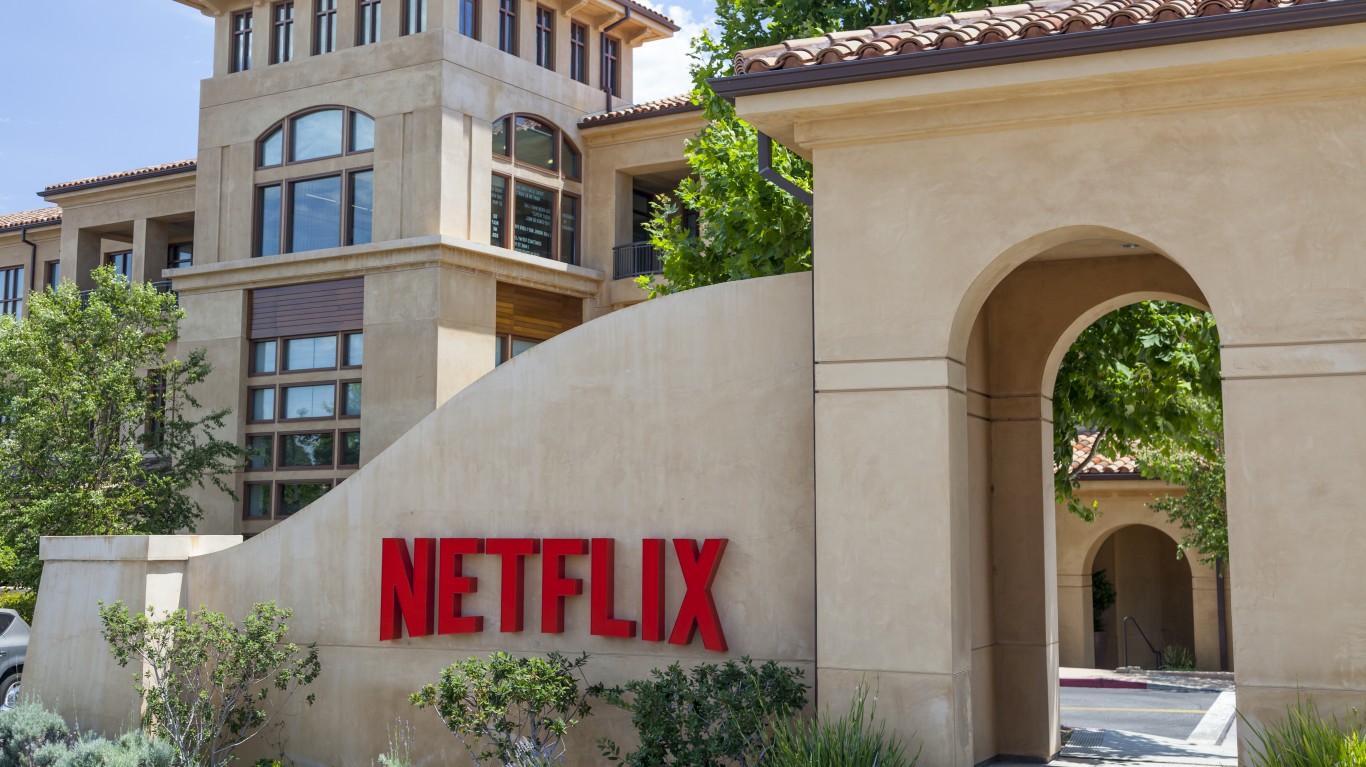Fitbit Inc. filed an S-1 form with the U.S. Securities and Exchange Commission (SEC) for its initial public offering (IPO). No terms were given in the filing but the offering is valued up to $100 million. The company plans to list its stock on the New York Stock Exchange (NYSE) under the symbol FIT. The underwriters for the offering are Morgan Stanley, Barclays, Piper Jaffray, Deutsche Bank, Raymond James, Merrill Lynch, Suntrust Robinson Humphrey and William Blair.
The company’s platform combines connected health and fitness devices with software and services, including an online dashboard and mobile apps, data analytics, motivational and social tools, personalized insights and virtual coaching through customized fitness plans and interactive workouts.
Ultimately, the goal of the platform is to help people become more active, exercise more, sleep better, eat smarter and manage their weight. The company believes that it appeals to a large, mainstream health and fitness market by addressing these key needs with advanced technology embedded in simple-to-use products and services.
According to Fitbit in the filing:
We pioneered the connected health and fitness market starting in 2007, and since then, we have grown into a leading global health and fitness brand. As of March 31, 2015, we have sold over 20.8 million devices since inception. According to The NPD Group, we held the leading position in the U.S. fitness activity tracker market, with a 68% share, by dollars, in 2014.
Several of the devices also feature deeper integration with smartphones, such as the ability to receive call and text notifications and control music. In addition, Fitbit offers a Wi-Fi connected scale that records weight, body fat and body mass index, or BMI. The company is also able to enhance the functionality and features of our connected devices through wireless updates.
Fitbit sells its products in over 45,000 retail stores and in more than 50 countries, through retailers’ websites, through its own online store, and as part of its corporate wellness offering.
ALSO READ: Why These 4 Biotech Stocks Could Be the Next Buyout Targets
The company detailed its recent financial information in the filing:
Our broad distribution and market-leading connected health and fitness platform have driven significant growth since our founding. In 2011, 2012, 2013, and 2014, we had revenue of $14.5 million, $76.4 million, $271.1 million, and $745.4 million, respectively, net income (loss) of $(4.3) million, $(4.2) million, $(51.6) million, and $131.8 million, respectively, and adjusted EBITDA of $(4.0) million, $(2.4) million, $79.0 million, and $191.0 million, respectively. For the three months ended March 31, 2014 and 2015, we had revenue of $108.8 million and $336.8 million, respectively, net income of $8.9 million and $48.0 million, respectively, and adjusted EBITDA of $42.0 million and $93.4 million, respectively… We also had 0.6 million, 2.6 million, 6.7 million, and 9.5 million paid active users as of December 31, 2012, 2013, and 2014, and March 31, 2015, respectively.
Fitbit plans to use the funds from this offering for working capital and general corporate purposes.
“The Next NVIDIA” Could Change Your Life
If you missed out on NVIDIA’s historic run, your chance to see life-changing profits from AI isn’t over.
The 24/7 Wall Street Analyst who first called NVIDIA’s AI-fueled rise in 2009 just published a brand-new research report named “The Next NVIDIA.”
Click here to download your FREE copy.
Thank you for reading! Have some feedback for us?
Contact the 24/7 Wall St. editorial team.



